32 pages • 1 hour read
Chimamanda Ngozi AdichieApollo
Fiction | Short Story | Adult | Published in 2015A modern alternative to SparkNotes and CliffsNotes, SuperSummary offers high-quality Study Guides with detailed chapter summaries and analysis of major themes, characters, and more.
Important Quotes
“Fifteen years earlier, my parents would have scoffed at these stories. My mother, a professor of political science, would have said ‘Nonsense’ in her crisp manner, and my father, a professor of education, would merely have snorted, the stories not worth the effort of speech. It puzzled me that they had shed those old selves, and become the kind of Nigerians who told anecdotes about diabetes cured by drinking holy water.”
(Paragraph 3)
Okenwa juxtaposes the people his parents have become in their eighties—credulous, simple, and childlike—with the people they were when he was younger. The contrast highlights the theme of Perception, Transformation, and Loss of Innocence, showing how a person can change drastically throughout their life. The passage foreshadows the transformation Raphael will undergo as a result of Okenwa’s betrayal of him.
“And yet I knew that if I had a family, if I could complain about rising school fees as the children of their friends did, then I would not visit them so regularly. I would have nothing for which to make amends.”
(Paragraph 4)
Okenwa’s remark about needing to “make amends” provides early insight into his character. It highlights his sense of guilt and failure, as well as his view of caring for others as a transactional arrangement. It is also the first foreshadowing of his orientation, as he feels he must apologize to his parents for not bringing home a wife or giving them grandchildren.
“Reading did not do to me what it did to my parents, agitating them or turning them into vague beings lost to time, who did not quite notice when I came and went.”
(Paragraph 14)
Okenwa cannot find the same joy in books that his parents do, and no matter how hard they try to mold him into a literature-loving intellectual like themselves, he will never fit in that role. The passage suggests that there is something inherent in Okenwa’s personality that makes it impossible for him to react to books as his parents would like.
Related Titles
By Chimamanda Ngozi Adichie
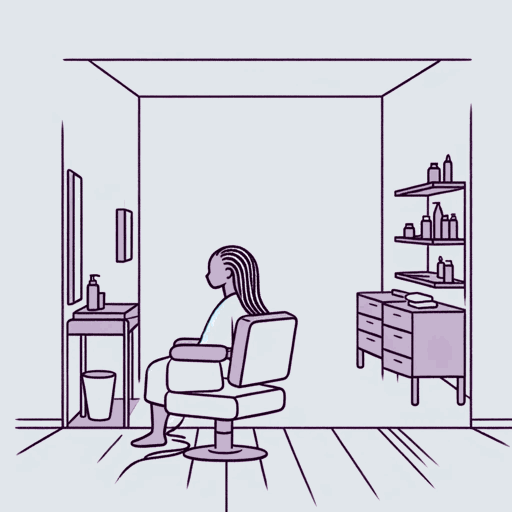
Americanah
Chimamanda Ngozi Adichie

A Private Experience
Chimamanda Ngozi Adichie

Birdsong
Chimamanda Ngozi Adichie
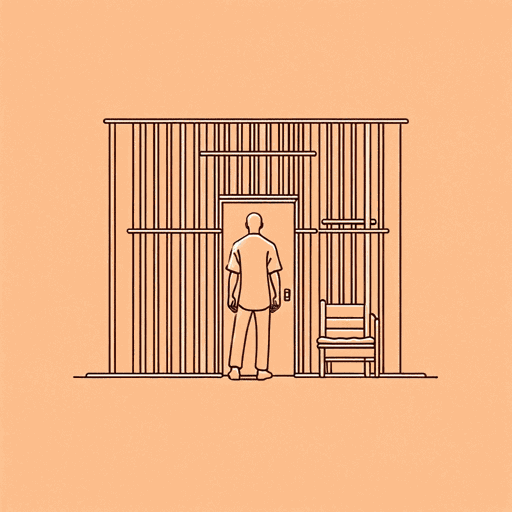
Cell One
Chimamanda Ngozi Adichie
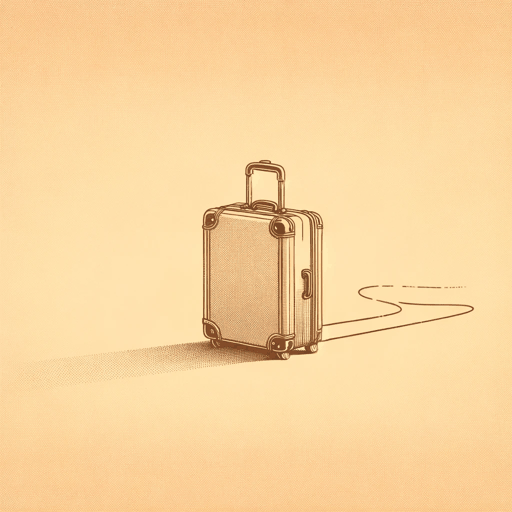
Checking Out
Chimamanda Ngozi Adichie
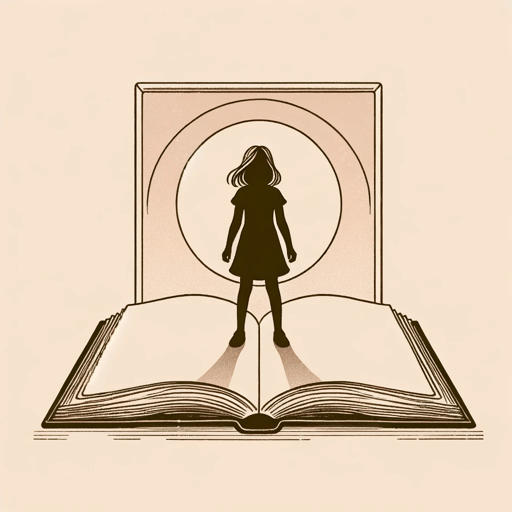
Dear Ijeawele, or a Feminist Manifesto in Fifteen Suggestions
Chimamanda Ngozi Adichie
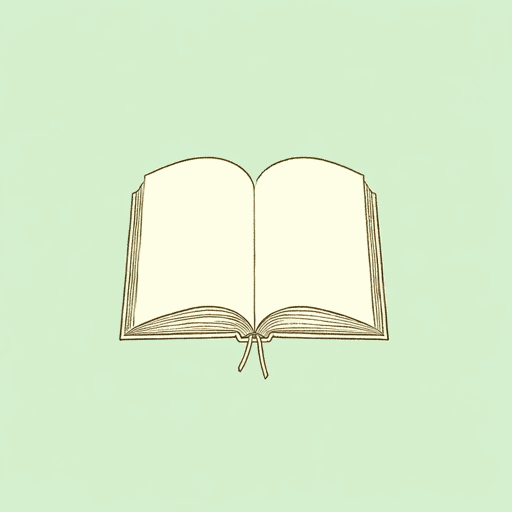
Half of a Yellow Sun
Chimamanda Ngozi Adichie

Purple Hibiscus
Chimamanda Ngozi Adichie
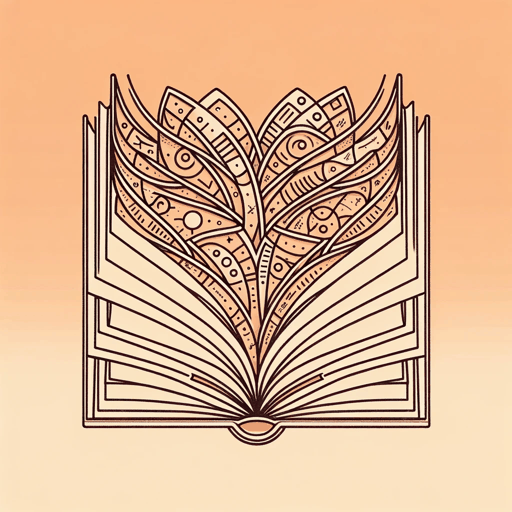
The Danger of a Single Story
Chimamanda Ngozi Adichie

The Headstrong Historian
Chimamanda Ngozi Adichie

The Thing Around Your Neck
Chimamanda Ngozi Adichie
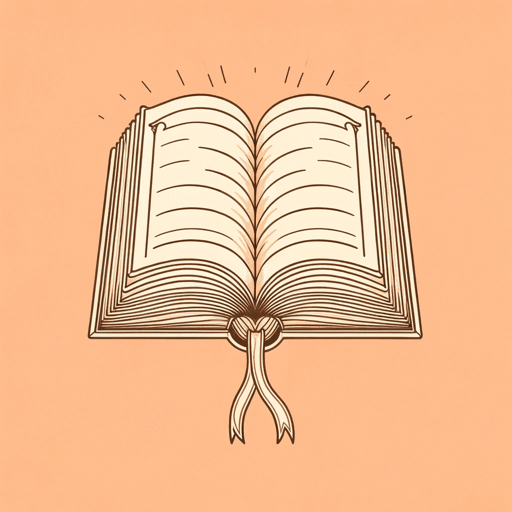
We Should All Be Feminists
Chimamanda Ngozi Adichie

